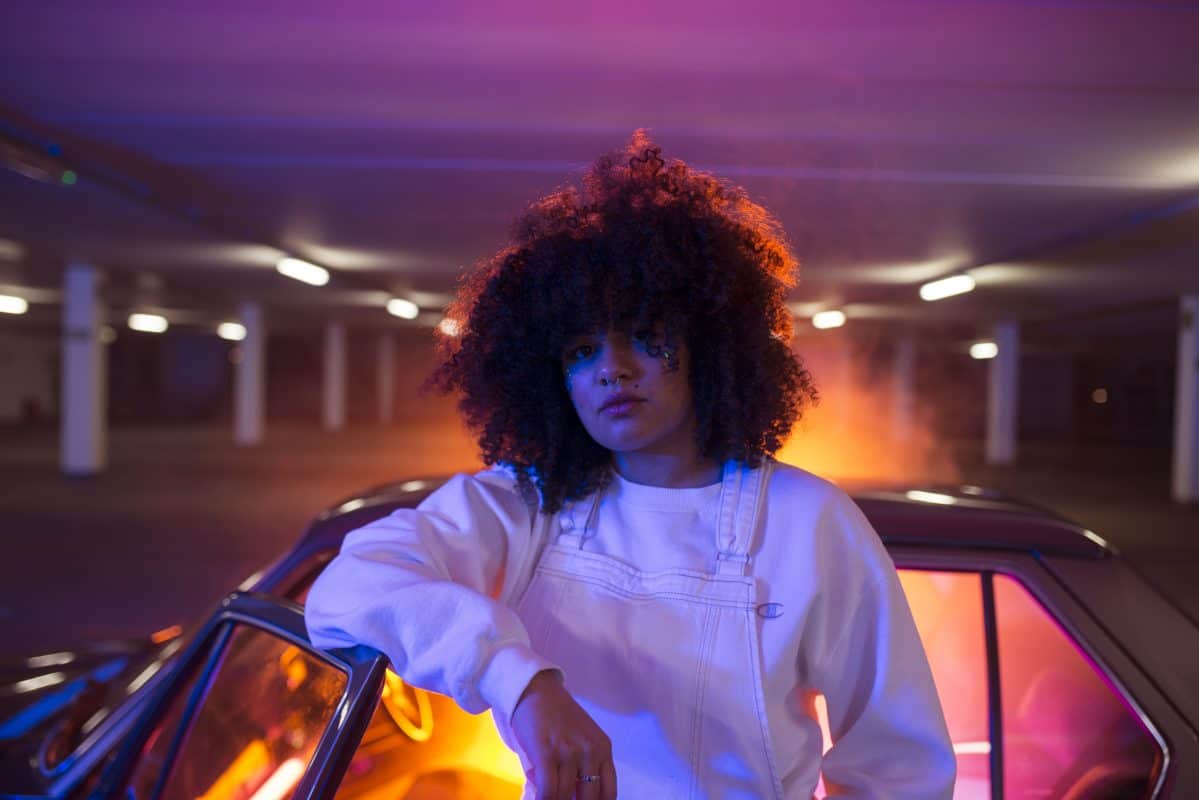

Harry Whitaker was born in Pensacola, Florida, on September 19, 1942, and first began playing scales on the piano at the age of 5. Harry Whitaker was not as well-known as these legends, all of whom sustained long, robust careers, but he rode the wave of his talent in ways that were endemic to the Village, where young players came-and still come-to make their mark, and veteran players come to dance among the tombstones. Thelonious Monk, Bill Evans, and McCoy Tyner explored the contours of the instrument in ways that were intimate and quirky. Duke Ellington, Count Basie, and Teddy Wilson all led big orchestras from their perch at the piano. Rhythm, melody, tone, and tempo all start with the piano and spread like a gale of wind through the canyons of a band’s geological formations. The piano is the North Star of jazz instrumentation. Inset: Detail of an ad for Arturo’s restaurant, which opened in 1957. In the process, I embarked on a journey into the heart of jazz, where an enigmatic figure and precocious artist had enlightened, exasperated, and entered the bloodstream of those who knew and loved him.Ī spread from the October 22, 1958, Village Voice. I rustled the ghosts of long-lost gigs and stirred memories of a discordant past.

In exploring Harry’s story, I felt as though I was entering the inner sanctum of the neighborhood’s rich jazz culture. Eventually, he led me to others who had been touched by this singular artist who practiced his craft with an unyielding sense of wonder. Spike was always willing to reminisce about Harry, either at his club, with sax solos in the background accenting the conversation, or over a cup of coffee during the light of day. The club proprietor and the piano legend became the inheritors of a spiritual symbiosis that is at the essence of jazz. Harry had played a crucial role in Spike’s development as a musician, and taxed his emotions, as Harry succumbed to bouts of mental illness that would eventually be his undoing. As well as being a club owner, Spike Wilner is also an accomplished piano player. What Spike told me about Harry lingered in the ether of my imagination. What followed was the beginning of a dialogue that started that night and would continue, off and on, over the next year. I gathered that Whitaker had special meaning to him. Spike’s voice became somber when he mentioned Harry’s name. He often slumped on the piano bench when he played, as if he were under hypnosis, eyes closed, his mind and spirit in some other place, but his artistry present in ways that tended to hush an audience into awe. His hair was gray, and he had a pronounced lower lip that seemed to protrude as he got into a groove on the piano. By then, Harry was in his 60s, heavy-set, like a big African American buddha. I was stunned by his facility on the piano and wondered why I was unaware of this artist, who was maybe the best pianist I ever heard perform live. I never met Harry, but I saw him play a few times at the club. He was a piano player of prodigious talents. Beginning in the late 1990s, Harry was a regular performer at Smalls. “Well,” answered Spike, “to tell you about Minnow, I first need to tell you about Harry Whitaker. Smalls is a basement joint known for its lively mix of students, hipsters, and true jazzheads from back in the day. The band was between sets, patrons coming and going. “Tell me about Minnow,” I said, encouraging the club owner. I did not know the story about Minnow, though I remember that regal feline creature with a spectacular mane that used to sit atop the piano, but only when certain musicians played. A cat amongst cats, as they say in the jazz world.) One night at Smalls, the venerable jazz club on West 10th Street in Greenwich Village, I asked Spike Wilner, the venue’s proprietor, “Whatever happened to that beautiful cat that used to haunt this place?” (Though I can’t verify it as fact, it’s possible that across America, many jazz clubs have an official house cat that slinks around the club. Reflections on a life at the piano: Portrait of Harry Whitaker on the wall of the Mezzrow jazz club.


 0 kommentar(er)
0 kommentar(er)
